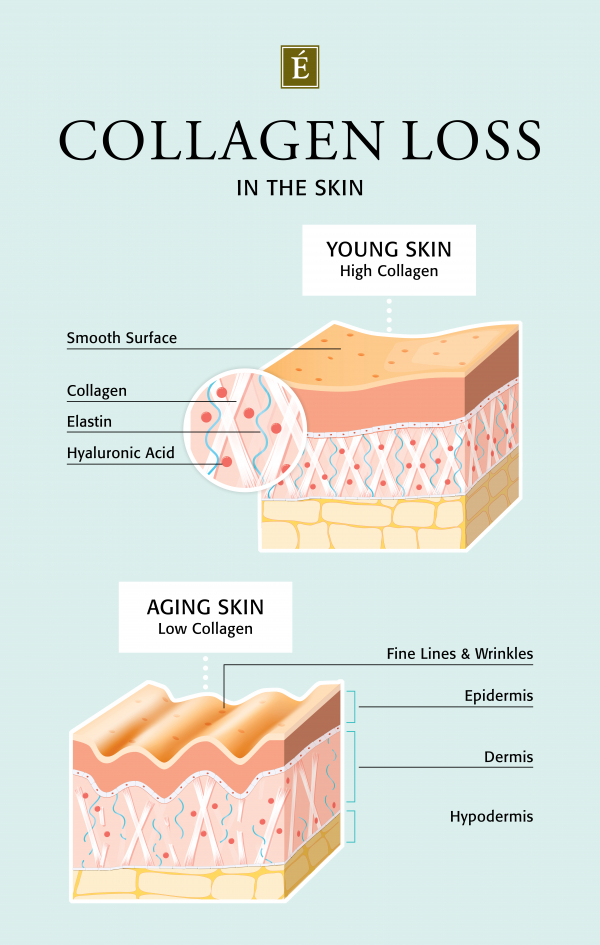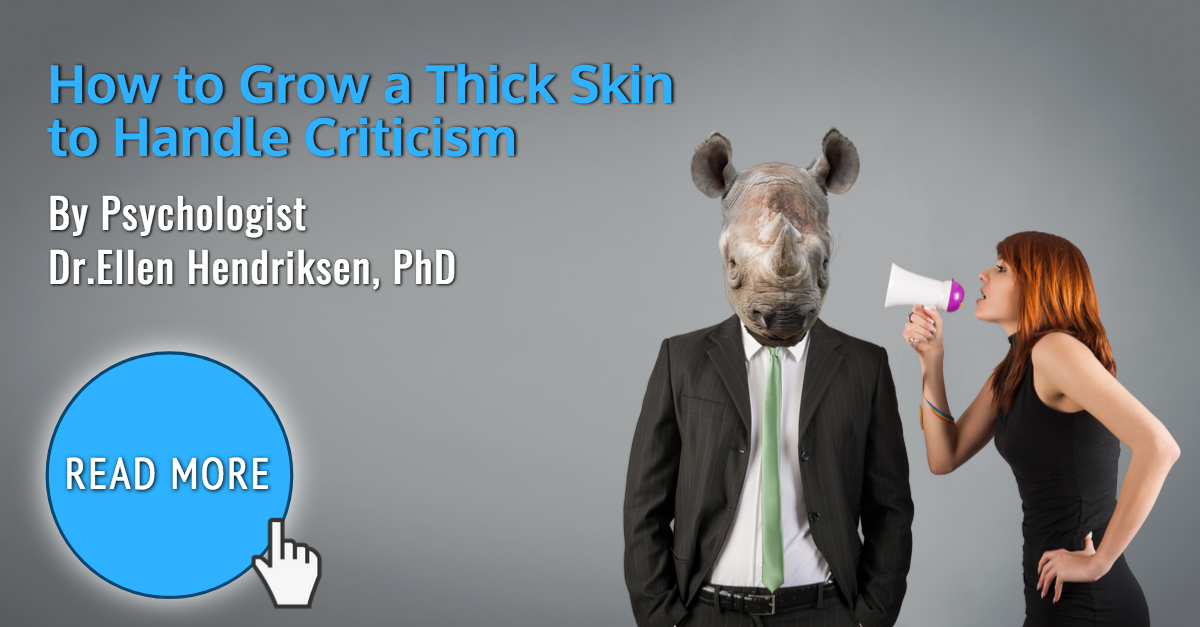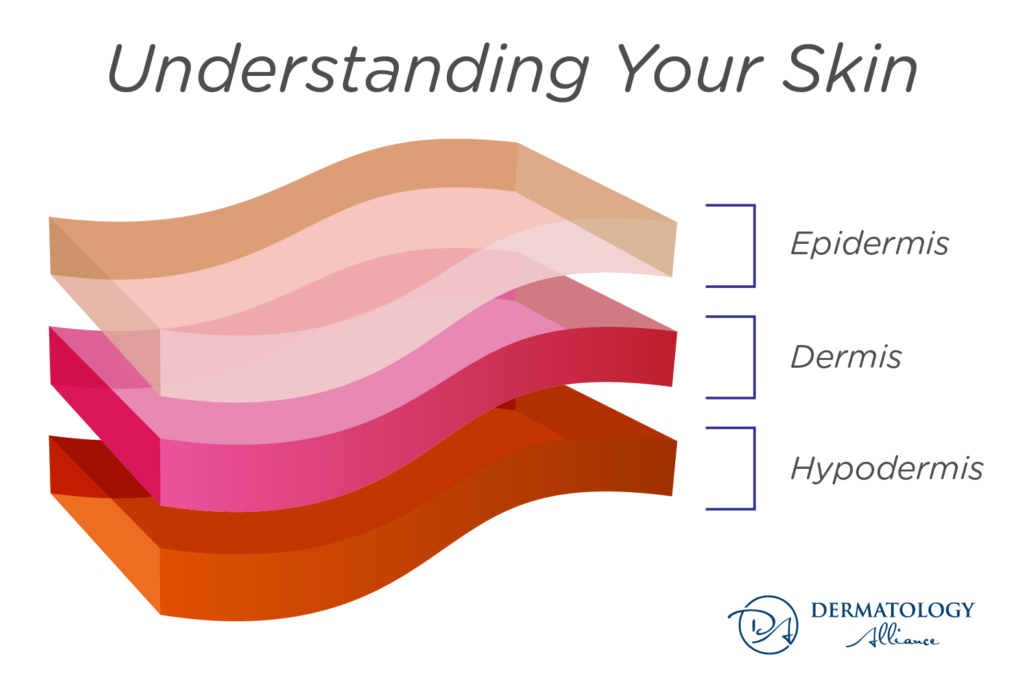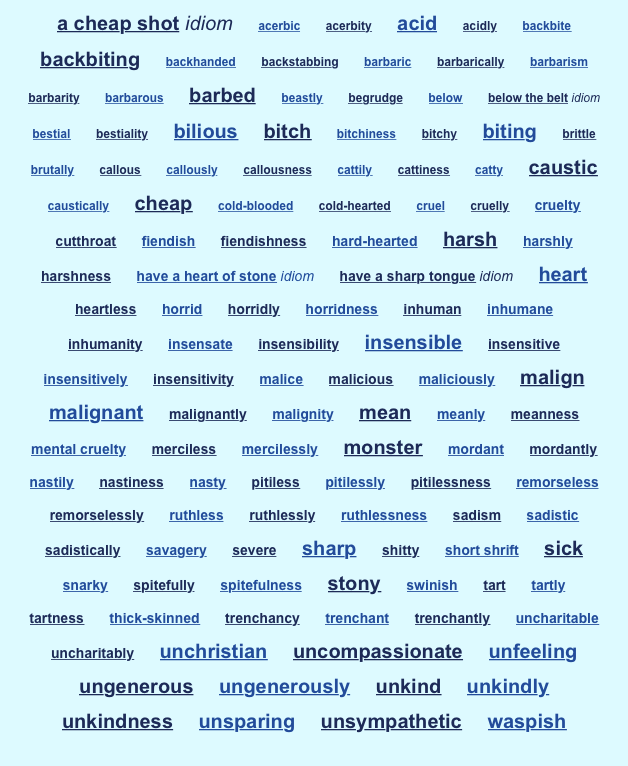What Does It Mean To Have Thick Skin

Imagine a playground, buzzing with children. Laughter mingles with the scrape of sneakers on asphalt. A little girl, pigtails askew, attempts a daring leap off the swing, only to stumble, landing with a thump. Tears well, but she quickly brushes herself off, a small, determined grin replacing the frown. She climbs back on, ready to try again. This resilience, this ability to bounce back, hints at something deeper: the beginnings of what many call "thick skin."
Having "thick skin" isn't about being impervious to pain or emotion; it's about developing the emotional fortitude to navigate life's inevitable challenges and criticisms without crumbling. It is the capacity to process negative feedback constructively, learn from it, and continue moving forward with confidence and self-respect.
The Nuances of Resilience
The concept of thick skin often gets a bad rap, conjuring images of someone cold and detached. However, the truth is far more nuanced. A person with thick skin isn't necessarily unfeeling; they simply possess the skills to manage their emotional reactions in the face of adversity.
Dr. Susan David, a Harvard Medical School psychologist and author of Emotional Agility, emphasizes that resilience is not about suppressing emotions but about learning to acknowledge and process them in a healthy way. It's about understanding that setbacks are a part of life and that they don't define who you are.
Developing Emotional Fortitude
So, how does one cultivate this emotional armor? It's not an overnight process, but rather a gradual accumulation of experiences and coping mechanisms.
One key element is self-awareness. Understanding your own triggers and vulnerabilities allows you to anticipate potential emotional impacts and prepare accordingly. This can involve practices like mindfulness and journaling to gain a better understanding of your internal landscape.
Another crucial aspect is developing a strong sense of self-worth that isn't contingent on external validation. This means recognizing your strengths and accomplishments, and knowing that you are valuable regardless of what others may think or say.
Learning to reframe negative thoughts is also essential. Instead of dwelling on criticism, try to view it as an opportunity for growth. Ask yourself if there's any truth to the feedback, and if so, how you can use it to improve.
Furthermore, building a strong support system of friends, family, or mentors can provide a safe space to process emotions and receive encouragement. Talking to someone you trust can help you gain perspective and remember that you're not alone.
The Importance of Boundaries
Having thick skin doesn't mean accepting all forms of criticism or abuse. Setting healthy boundaries is crucial for protecting your emotional well-being. This means knowing when to disengage from toxic situations or relationships and asserting your needs and limits.
As Brené Brown, a research professor and author known for her work on vulnerability and shame, argues in Daring Greatly, "Daring to set boundaries is about having the courage to love ourselves even when we risk disappointing others." Knowing when to walk away or say "no" is a sign of strength, not weakness.
It's not about becoming invulnerable, but about becoming more resilient.
The Benefits of a Resilient Mindset
The ability to navigate criticism and setbacks with grace and resilience offers numerous benefits. It fosters greater self-confidence, reduces stress and anxiety, and improves overall mental well-being.
According to the American Psychological Association, resilient individuals are better equipped to cope with stress, solve problems, and maintain positive relationships. They are also more likely to achieve their goals and experience a greater sense of fulfillment in life.
Developing "thick skin" empowers you to take risks, pursue your passions, and live a more authentic life, free from the constraints of fear and self-doubt.
Ultimately, having thick skin isn't about becoming cold or insensitive. It's about cultivating the emotional intelligence and resilience necessary to navigate the complexities of life with grace, courage, and unwavering self-belief. It’s about finding that inner strength, like the little girl on the playground, to dust yourself off and try again.


















